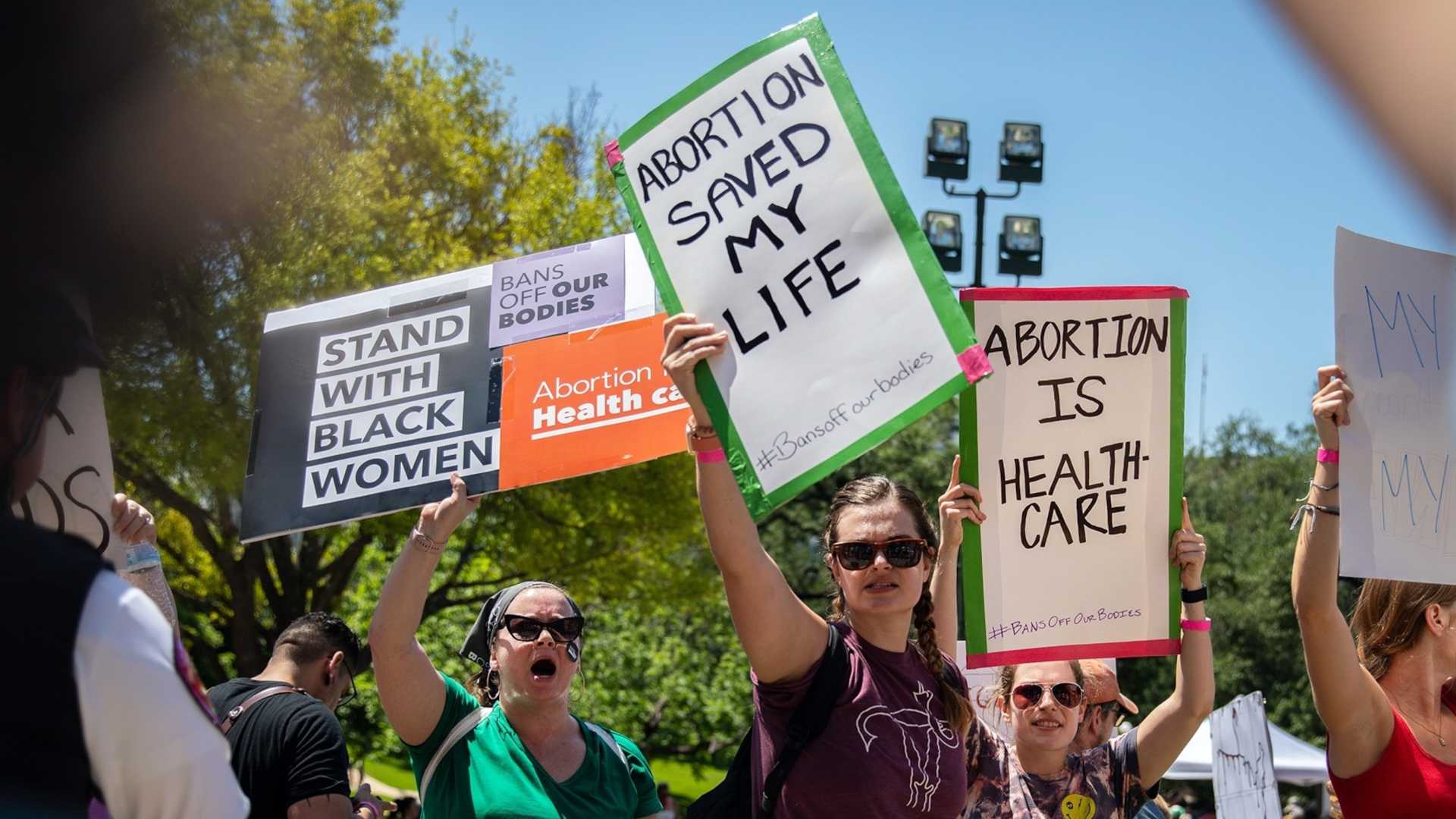News
Texas Abortion Laws Lead to Preventable Death of Woman Denied Miscarriage Care

A recent and tragic case in Texas has highlighted the severe consequences of the state’s strict abortion laws. Josseli Barnica, a 28-year-old woman from Houston, died after being denied timely medical care for a miscarriage due to the legal ambiguities and fears of prosecution under Texas’s abortion ban.
The incident occurred in a context where Texas has been at the forefront of restricting abortion access. The state’s laws, which include a civil law passed in 2021 and a stricter criminal law enacted after the Dobbs v. Jackson ruling, have created a climate of fear among doctors. These laws prohibit doctors from performing abortions after six weeks and impose severe penalties, including up to 99 years in prison and $100,000 in fines, for violating the ban.
Barnica’s case is particularly egregious as she did not seek an abortion but rather medical intervention for a miscarriage. However, the lack of clarity in the law and the threat of prosecution led doctors to delay her treatment, resulting in her death. Medical experts have described her case as “preventable,” “horrific,” and “egregious,” emphasizing that standard medical care, such as speeding up labor or a dilation and evacuation procedure, was not provided due to the legal constraints.
Texas Attorney General Ken Paxton has been a key figure in enforcing these laws, arguing against federal guidance that reminds doctors of their duty to treat pregnant patients in emergency situations. Paxton’s stance has further complicated the situation, making hospitals hesitant to provide necessary care for fear of legal repercussions.
In response to the outcry over the uncertainty and harm caused by the ban, Texas lawmakers made a small concession in 2023 by creating exceptions for ectopic pregnancies and cases where a patient’s membranes rupture prematurely. However, these exceptions do not cover all scenarios, such as Barnica’s condition, and doctors still face the risk of prosecution.
The Texas Medical Board has recently issued new guidance advising doctors that an emergency does not need to be “imminent” to intervene, but this has not fully alleviated the fears and uncertainties among medical professionals. The case of Josseli Barnica has sparked widespread outrage and calls for change in the state’s abortion laws.












